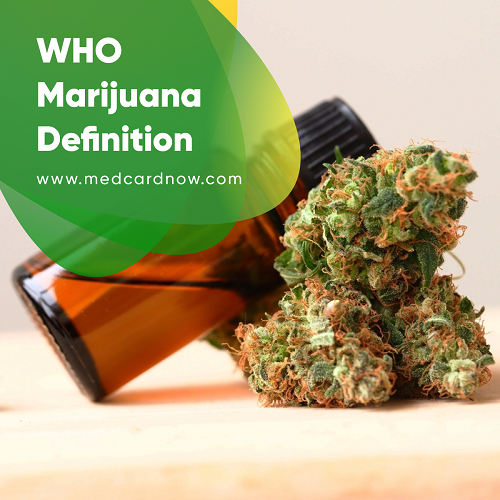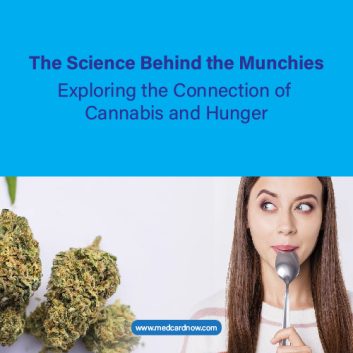
The debate about the WHO marijuana definition brings a lot of questions about the legality of cannabis. The recent WHO report claims that cannabis is not among illegal drugs. However, the WHO judges this from CBD which is non-psychoactive. Since other cannabis compounds are intoxicating, other organizations consider it illegal.
Definition of CBD
Cannabidiol or CBD is among the primary compounds found in the cannabis plant. While Tetrahydrocannabinol (THC) is psychoactive, CBD is not psychoactive. Therefore, consuming CBD won’t lead to intoxication. Since CBD is non-psychoactive, there are few international surrounding its production and supply.
WHO marijuana recommendation
In November 2017, the WHO Expert Committee on Drug Dependence (ECDD) made a significant Definition. This WHO marijuana definition said that CBD lacks any potential of abuse or harm. Many animal studies support these claims, and they are no reports of physical dependence on CBD. In a study consisting of mice, there were little or no tolerance or withdrawal effects. Furthermore, CBD lacks any stimulus, intoxication, physiological or psychoactive effects.
There are few reports supporting the use of CBD for any health problems. CBD has many health benefits and can relieve symptoms such as stress, pain, and anxiety. One major use of CBD is for epilepsy, seizures, and spasms. Currently, there is a legal drug that consists of CBD that can help epileptic patients.
The research into CBD and epilepsy surpasses research into CBD for other health conditions. However new evidence suggests that CBD could have other beneficial properties. CBD can be neuroprotective, antiepileptic, hypoxia-ischemia, and anxiolytic. Therefore, future research will showcase other therapeutic benefits of CBD for different conditions.
WHO stance on cannabis
In December 2017, WHO officially notes that CBD should be free from international control. Due to the numerous research and recommendations by WHO it will make the world a safer place. Numerous countries including Canada and Australia plan on legalizing the use of cannabis nationwide.
The WHO recommendation and reports mean the stigma surrounding cannabis will disappear. It will also lead to rising CBD markets and sales of products. Many people in the US are now using CBD as an alternative to prescription pills.
WHO Definition of marijuana
The WHO document notes that there are no reported cases of marijuana abuse or dependence. Also, cannabis does cause dangers to public health.
The committee in charge of the report believes that Cannabis lacks psychoactive characteristics. This means researchers can use cannabis for different types of studies.
Before the WHO marijuana definition, there was a presentation of a study involving several participants. In this study, these participants took a dose of cannabidiol. The participants had no major changes in psychoactivity.
In another study, random recreational cannabis users had to test some effects of Cannabidiol on their own. According to the results, Cannabidiol did not generate psychoactive, cardiovascular, or any other effects.
WHO marijuana definition specifies that cannabidiol is not addictive. However, it does not mean that Cannabis is not a schedule 1 substance by international health organizations. The WHO report focuses on one cannabis compound, Cannabidiol.
Bottom line
The WHO already sees the benefits of cannabis for medical purposes. However, cannabis is still illegal in most countries. Hopefully, the current WHO marijuana definition will remove the stigma surrounding the drug. As more research continues to occur surrounding cannabis, more countries will eventually legalize it.



